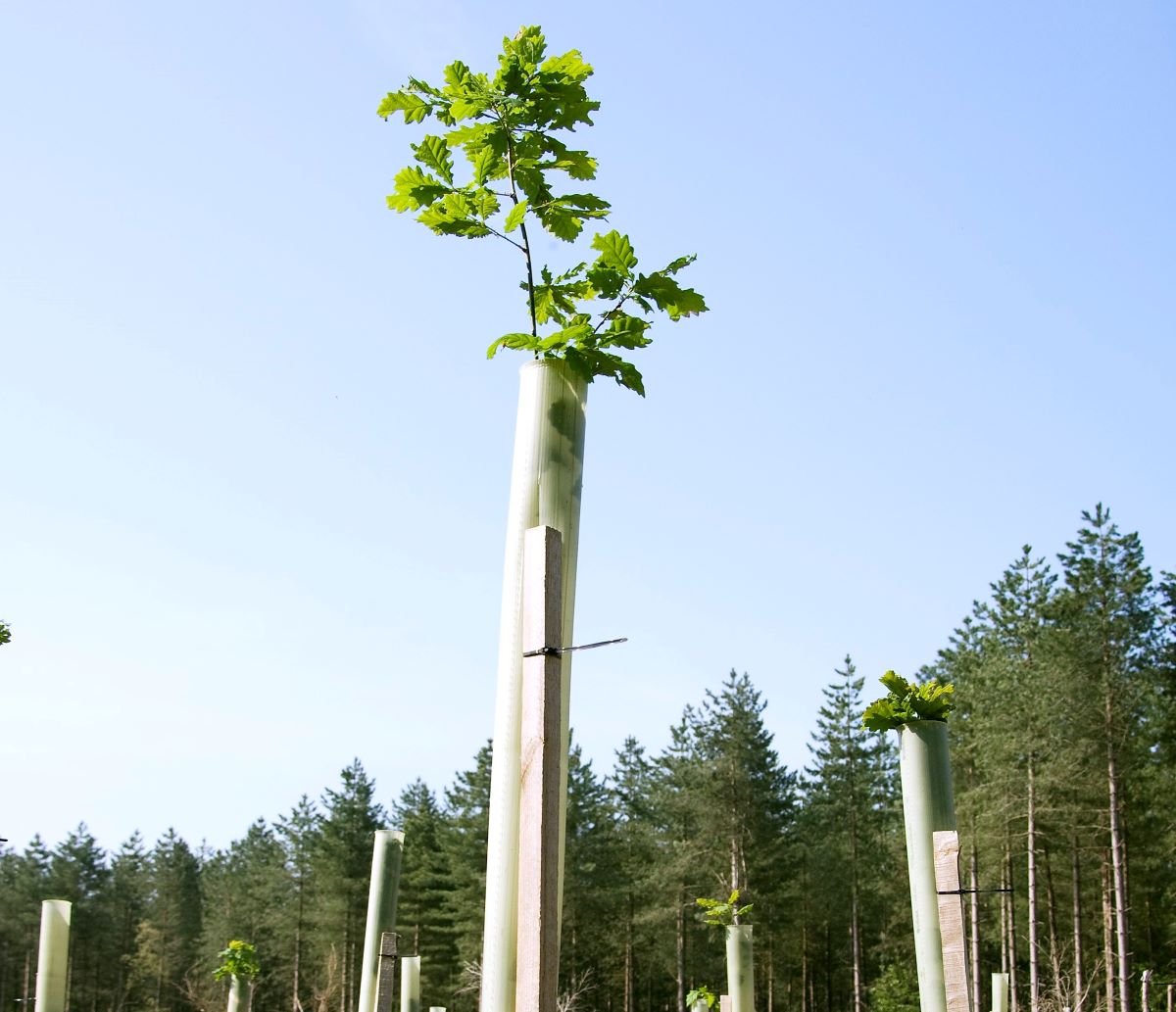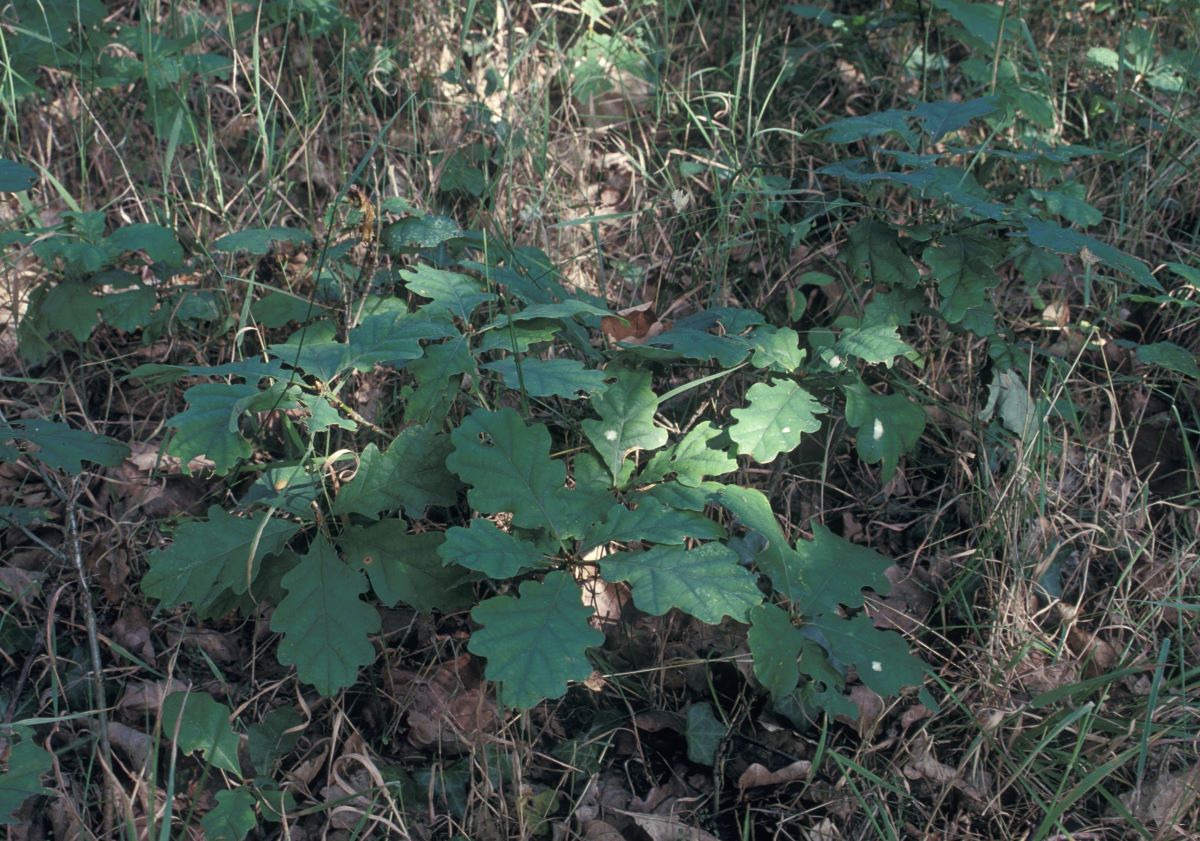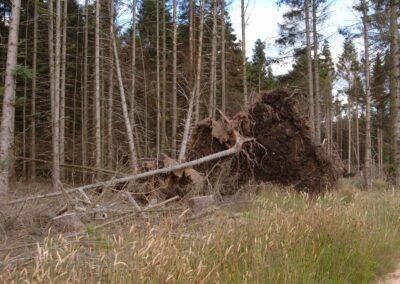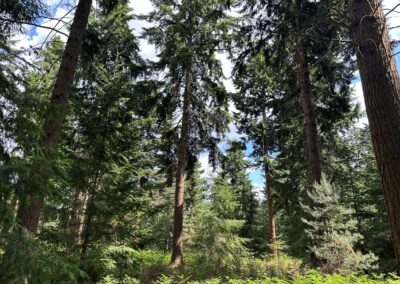Evaluating genetic and environmental bottlenecks in planted and naturally colonised woodlands
Project lead(s) Dr. James Borrell I Research Fellow, RBG Kew;
Dr. Nadia Barsoum I Senior Forest Ecologist, Forest Research
Dr. Nadia Barsoum I Senior Forest Ecologist, Forest Research
Organisation lead RBG Kew / Forest Research joint lead
Contributors/partners Woodland Trust
Project status Complete (April 2022 – March 2025)
Project funding £496,000 overall
Research outcome Adaptation
Context
The UK has committed to establishing 30,000 hectares of new woodland annually by 2050 and this will be met both by tree planting and natural regeneration. We know that genetic diversity underpins the resilience and future adaptive potential of our tree populations, and that maintaining this diversity is a key goal of the UK Forest Genetic Resources strategy. However, as we move towards ambitious afforestation goals, there is a major knowledge gap around the resulting genetic diversity in planted versus naturally colonised woodlands and how this will influence resilience to environmental change, pests, and diseases.
Research aims and objectives
By working closely with industry stakeholders, who contribute substantially to current afforestation activity we will contribute to development of best practice, aiming to deliver resilient woodland expansion in the UK.
Project description
This project will assess the differences in genetic diversity in planted versus naturally colonised woodlands, and particularly where climatic, ecological or management drivers result in genetic bottlenecks to young tree populations. It will:
- Compare the tree health and genetic diversity in planted and naturally colonised young woodlands, focusing on oak and birch.
- Characterise potential genetic bottlenecks and selection in planted and natural afforestation pipelines.
- Draw up actionable recommendations for optimising afforestation activities to help deliver genetically diverse and resilient tree populations.
Outputs
The project will provide recommendations on best practice improvements to current tree planting and natural colonisation protocols, including any recommendations to improve current seed sourcing guidelines, record-keeping and propagation. The project will also provide a peer review publication and popular press outputs to communicate findings to a range of audiences.

Share this project on social media
Related Projects
Our Partners
Social media
Explore
Contact
© 2022 Centre for Forest Protection. All rights reserved.


